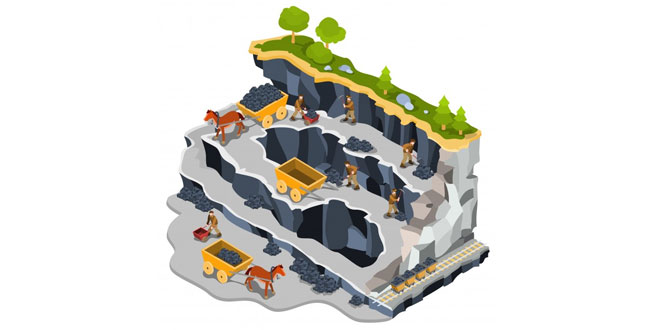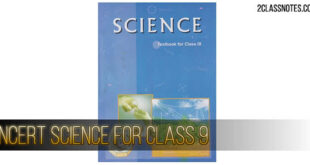Question: List five things that you can do to help in preventing an energy crisis.
Answer: We can prevent an energy crisis by the following ways:
- Using room coolers, air conditioners, geysers, etc., only when needed.
- Reducing the flame of the burners while cooking to save fuel.
- Using CFLs and tube lights, which use less energy, instead of bulbs.
- Using public transport instead of private vehicles as much as possible.
- Walking or cycling for small distances.
Question: How is CNG obtained? What are its main uses?
Answer: Natural gas is found along with petroleum in reservoirs under the ground. This gas is chiefly made up of methane, though butane and propane are also present in small proportions. It can be easily transported through pipes and is a clean non-polluting fuel. It is obtain by drilling and stored under high pressure as compressed natural gas (CNG). Its main uses are:
- CNG is used for power generation.
- In some parts of India, e.g., Vadodara CNG is supplied to homes and factories through pipes and directly used as fuel.
- CNG is used as a non-polluting fuel for vehicles.
- Natural gas is used as a starting material for the manufacture of a number of chemicals and fertilizers.
Question: If a resource can be replaced within ten years by natural processes, would you classify it as renewable or non renewable?
Answer: Renewable resource, as it replenished faster than we use.
Question: All renewable resources are inexhaustible. Do you agree? Give reasons.
Answer: No. They are exhaustible if we use them faster than they are naturally replenished.
Question: All combustible substances are not fuels. Why?
Answer: A combustible substance are said to be fuel if they generate heat energy at reasonable cost. Therefore all combustible substances cannot be called fuels.
Question: Can fossil fuels be made in the laboratory?
Answer: Fossil fuels contain chemicals that can be made in the laboratory. Therefore, in principle, it is possible to make synthetic fossil fuel in the laboratory. However cost effectiveness will be the main issue.
Question: Conservation of resources means avoiding their wasteful use. Does this definition cover all aspects of conservation? Explain.
Answer: Conservation of resources does not only imply avoiding their wasteful use. It also implies maintaining their quality, for example, by preventing their pollution.
 Class Notes NCERT Solutions for CBSE Students
Class Notes NCERT Solutions for CBSE Students


